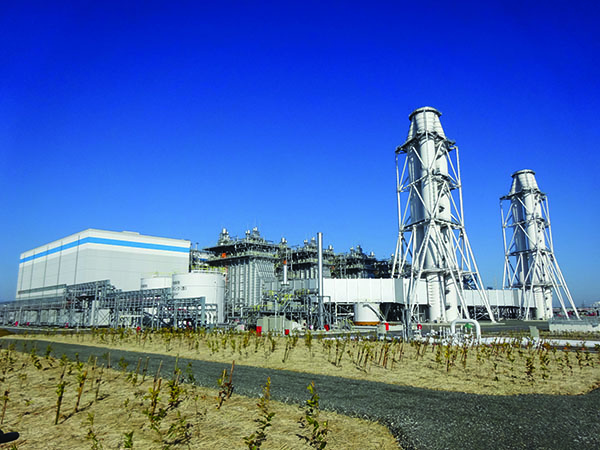- Joined
- Dec 10, 2011
- Messages
- 5,599
- Reaction score
- 2,717
I believe Mass has made the right choice to promote heat pumps (as a way of reducing natural gas usage)
A quick doodle;
Gas heat can never be more than 100% efficient. Burn 1 btu, get a Btu into your living space. Burn a KWh, get a KWh into your house. (Yes, you can measure gas in KWh). New forced breather systems are in the 95% efficient range. Old chimney vented ones to out at 80%ish)
Even at 17F a new heat pump moves 2.5x. Put a Btu in, move 2.5 Btu into your house. Put a KWh in, move 2.5 into your house.
At 40F heat pumps move 4.5 units of heat for every 1 consumed—a huge reduction in energy use versus burning fuel
Help me out: how efficient is electric generation from gas? A Combined cycle gas plant is c. 50% efficient?
let’s call transmission & Distribution losses at 10%?
so
Burn gas, get .5 BTU of electricity
Transmit it, get .45 BTU delivered
Heat pump it at 17F, get 2.5 x .45 = 1.12 BTUs into your house, a net reduction of 10% (or close to 30% vs the typical 80% efficient home boiler)
then consider that heat pumps can use new solar and Cape Wind andit really is a net energy and cost win
A quick doodle;
Gas heat can never be more than 100% efficient. Burn 1 btu, get a Btu into your living space. Burn a KWh, get a KWh into your house. (Yes, you can measure gas in KWh). New forced breather systems are in the 95% efficient range. Old chimney vented ones to out at 80%ish)
Even at 17F a new heat pump moves 2.5x. Put a Btu in, move 2.5 Btu into your house. Put a KWh in, move 2.5 into your house.
At 40F heat pumps move 4.5 units of heat for every 1 consumed—a huge reduction in energy use versus burning fuel
Help me out: how efficient is electric generation from gas? A Combined cycle gas plant is c. 50% efficient?
let’s call transmission & Distribution losses at 10%?
so
Burn gas, get .5 BTU of electricity
Transmit it, get .45 BTU delivered
Heat pump it at 17F, get 2.5 x .45 = 1.12 BTUs into your house, a net reduction of 10% (or close to 30% vs the typical 80% efficient home boiler)
then consider that heat pumps can use new solar and Cape Wind andit really is a net energy and cost win





